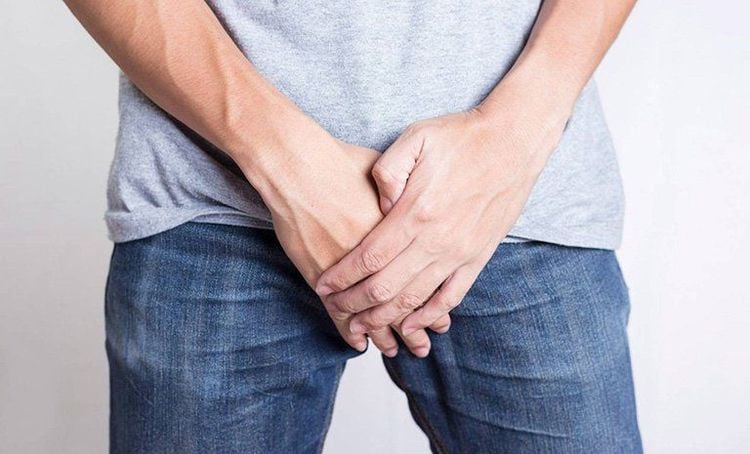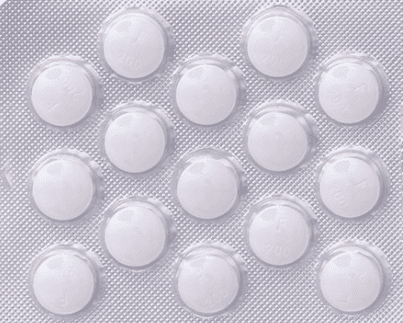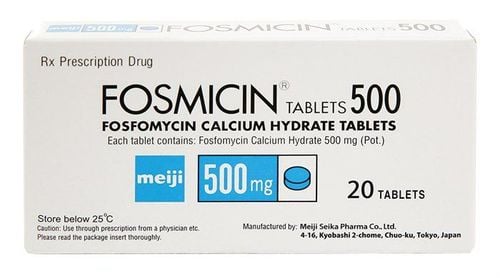This is an automatically translated article.
The article was consulted professionally by Doctor Department of General Surgery and Anesthesia, Vinmec Hai Phong International General Hospital.
Benign prostatic hyperplasia or benign prostatic hypertrophy is the most common benign tumor in men between the ages of 45 and 75. Prostate cancer is caused by benign enlargement of the prostate gland in men. gender. Although the disease is not too dangerous, if not surgically removed, it can cause quite serious complications.
1. Urinary retention
This is the most common complication of prostate cancer.
Causes:
Prostate compression causes urethral obstruction and bladder muscle dysfunction Due to patients taking some drugs that have side effects that cause smooth muscle spasm in the bladder neck such as drugs to treat rhinitis, medicine to treat diseases of the stomach - intestines, medicine to treat eye diseases. Symptoms are:
Uncomfortable feeling of not being able to urinate Uncomfortably distended lower abdomen Urine can be heavy, leaky but the patient can't control it, can cause nocturnal enuresis If not treated Prompt treatment can cause urinary tract infections and rapid kidney failure. Consequences are:
Urinary retention causes extreme pain for patients Urinary retention causes pyelonephritis, which is the cause of kidney failure. It can even cause bladder rupture if not handled promptly.

2. Bladder loss of function
Excess urine, sometimes urinary retention causes bladder distension, even excessive. This phenomenon is repeated over and over again, leading to bladder deformity and distortion. The bladder muscle becomes enlarged due to overactivity, forming a bladder diverticulum. Bladder diverticulum is a breeding ground for bacteria to grow and form bladder stones. Eventually, the bladder muscle loses function. The bladder can not contract, urine only leaks out on its own when the bladder is too full. When the prostate gland grows upward, the ureter may be attached to the bladder behind the bladder with a hook-shaped deformity, causing stasis. urine retention.
3. Bladder stones
Urine is not completely expelled from the body, but part of the bladder is called residual urine. Residual urine is a breeding ground for bacteria that cause UTIs and bladder stones. Bladder stones cause symptoms of painful urination, frequent urination, blood in the urine. Bladder stones also lead to UTIs. If the bladder stone is too large, it can cause urinary retention.
4. Urinary tract infection

Causes: The patient does not urinate completely, there is a blockage of urine and bacteria in the bladder, increasing the risk of urinary infections. Common diseases such as urethritis, cystitis, orchitis - epididymitis, nephritis, pyelonephritis.
Urethritis includes 2 cases:
Inflammation of the lower urinary tract is the urethra, bladder. Inflammation of the upper urinary tract is the ureter and calyx of the kidney. Symptoms of UTIs are high fever, pain in the hips and back, cloudy urine due to pus or blood in the urine. When prostate cancer causes compression, urine stagnation will cause a number of consequences: easy urinary tract infection, more dangerous if this infection goes up to cause pyelonephritis, which is an infection. very heavy urinary. If urine retention is severe and prolonged, it can lead to chronic kidney failure. More dangerous, patients can die from septic shock if not treated promptly.
Patients with prostate cancer may have recurrent urinary tract infections. Inflammation of the urinary tract causes thickening to stick to the bladder wall. This is also one of the causes of difficulty in later surgery, the patient may bleed a lot due to the difficult dissection of the adherent fibroid.
5. Kidney failure
Kidney damage is caused by high pressure in the bladder, by urinary retention, by direct high pressure that damages the kidneys or by an infection of the bladder that allows access to the kidney
Kidney failure can occur if urine retention causes dilation pyelonephritis and urinary tract inflammation causing pyelonephritis pyelonephritis.
Please dial HOTLINE for more information or register for an appointment HERE. Download MyVinmec app to make appointments faster and to manage your bookings easily.













